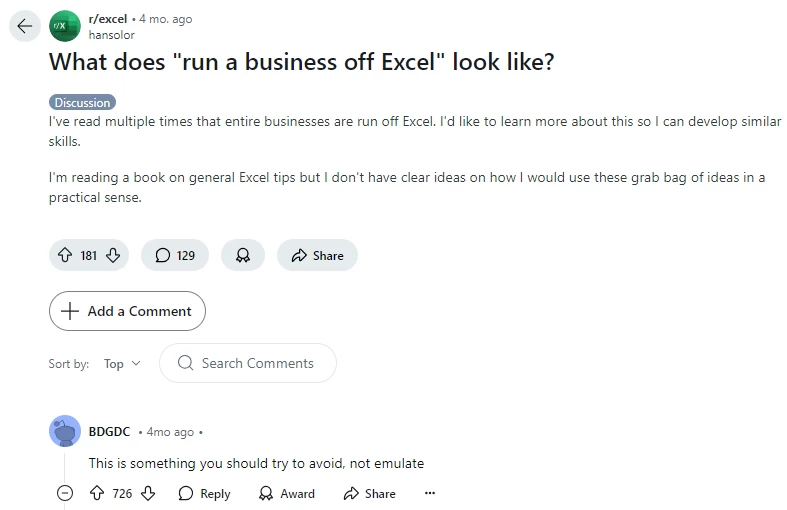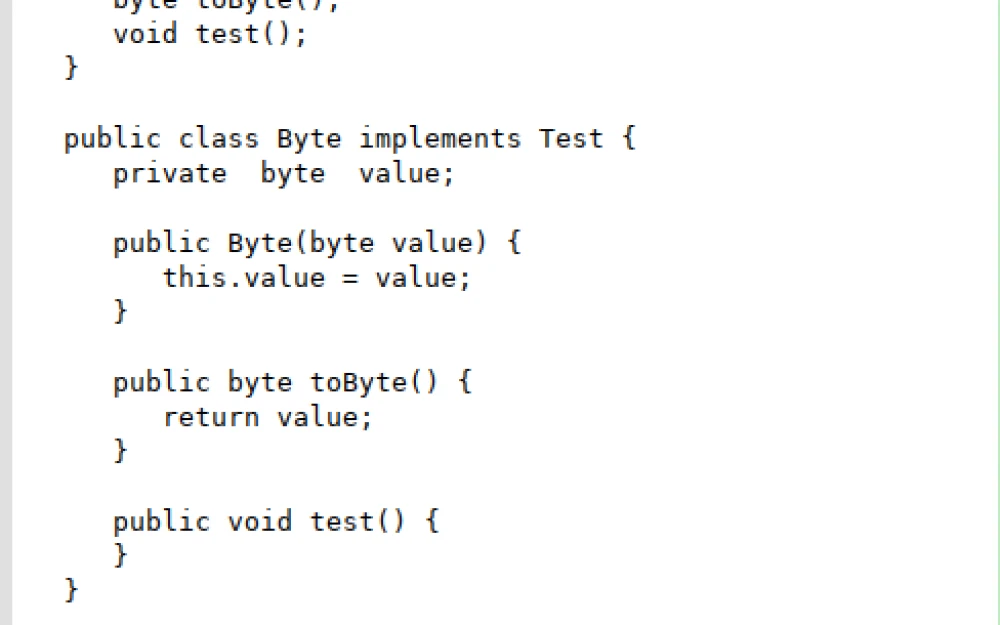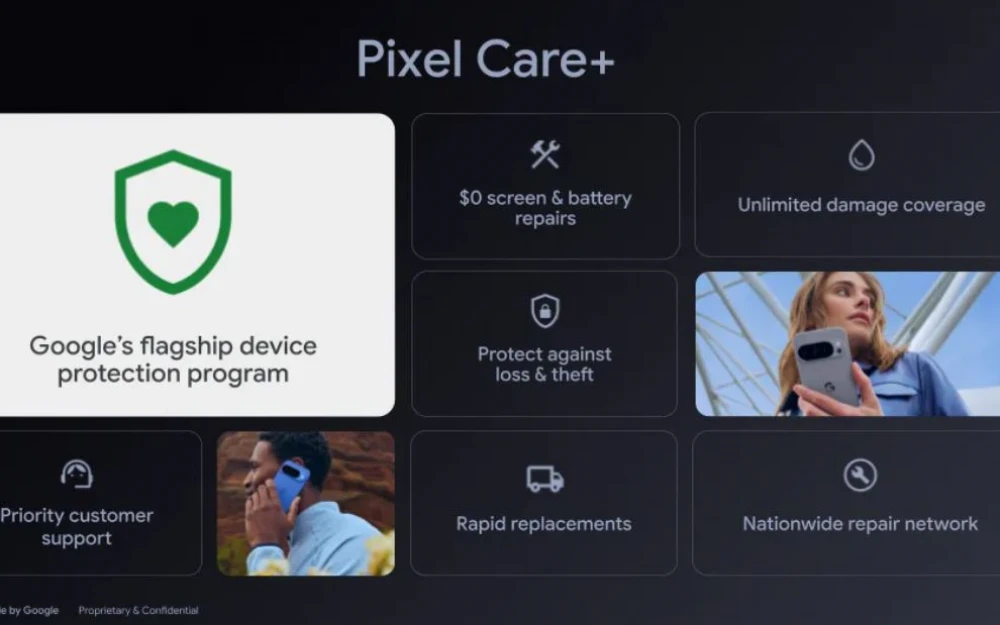- Software
- A
Excel vs CRM: why are we still discussing this?
There is a joke that the entire world economy is held together by Excel. And you can't even imagine how much truth there is in this joke! Seven years ago, we wrote an article about the unequal battle between Excel and CRM systems. During this time, CRMs have become even more functional and accessible, MS Office has left Russia, new solutions do not quite measure up to the main spreadsheets — in general, it seems the question should have been closed. However, in October, at one of the IT conferences, I witnessed, and then became an involved participant in, a debate about how bad it is without Excel. The complaint came from the technical director of a fairly decent company: he said that he couldn't achieve an accounting masterpiece on other spreadsheets like the one built in Excel. At the same time, he completely denied the existence of accounting systems and CRMs, arguing about stability and security.
And, as experience shows, this is not an isolated phenomenon. Is it really possible that in 2024, with a full market of CRM systems for any scale and budget, Excel can still be a priority for someone? I see two aspects of this phenomenon: technical and human factors.
Arguments of Excel Advocates
In principle, the arguments of Excel lovers are not diverse, and many of them are just distortions of reality and paradoxical denials of logic.
Excel is easy to use — these are familiar spreadsheets that we encounter even in university (and some — in school). It can be used by advanced young employees, inexperienced employees, and everyone who is "on you" with a computer.
Indeed, opening and using spreadsheets is not rocket science, but the first problems can arise not only with macros but even with filters and sorting. If we are talking about spreadsheets without careful backup support, the likelihood that the file will be damaged and the information lost approaches 100%.
Excel is accessible and understandable to all users — again, often until the first formula. If we consider Excel as an analogue of an accounting system, it should be understood that only the appearance of tables and cells is in it. The rest is based on formulas, macros, prescribed functions, etc. Without this, it is pointless to even discuss it. And even if the formulas and macros were created by professionals, users will sooner or later get a failure and incorrect data. For an accounting system, this is a significant problem.
All information is contained in one file, which is available to everyone — take it and use it. This file can be copied, sent by mail and messengers, carried on a flash drive, stored in a corporate cloud, etc. It is literally accessible from everywhere, and the format of working with data is intuitively understandable.
In fact, all the listed advantages are also risks: the file can be easily taken away, transferred, copied, and access of several employees to editing increases the risks of file damage and data loss. And keeping backups for Excel is not as trivial as it seems. Ensuring security in CRM systems is much easier: many features are provided by the developer and are ensured during implementation.
Excel is very cheap. I can even make a dark joke about the fact that now it is generally free. Previously, the cheapness of MS Office could be argued, now it makes sense only from the position of buying through "two hands", often with dubious license purity. It seems to me that comparing the cost of owning an office suite and a CRM system has long gone beyond the bounds of correctness and minimal logic, because we are primarily talking about a colossal functional difference: a CRM system not only takes into account transactions, but fully automates processes, operational work, reporting, analytics, etc.
VBA can do everything: this is a powerful tool for managing spreadsheets.
Nobody argues, the tool is cool, interesting, it can still be found in the vacancies of analysts, marketers, managers, etc. However, again, it is limited to development for tables (and the MS package) and any modern programming language can do much more. You can build a corporate system on the entire MS Office, but this will also not bring anything good and will not finally get rid of the fragmentation of products.
If the processes are simple, then the solution for managing them should be as simple as possible. True, a very good statement. But Excel is almost incapable of process management - at least a basic collaboration tool is needed here so that everyone can monitor the work of the process instance, track deadlines, stages, etc.
If the company has up to 10 employees, they will definitely agree: Excel is quite suitable. No. Maximum - 1-2 people. Excel is not able to survive even minimal scaling. Therefore, if you plan that the company will live and develop, there will be calls, letters, deals, operational work, it is better to purchase a CRM system in the minimum configuration (for example, RegionSoft CRM Standard for two people will cost $206.07 as a one-time payment, but you will get a normal, adequately working product capable of providing your operational work).
If the project is temporary, Excel is the best. Yes, for some projects this statement is true. But it should be a really one-time project. Because if, for example, you start a table for each outsourcing project, in the end you will deprive yourself of a holistic view of the state of affairs in the company, you will lose a significant slice of analytics.
There is a lot of subjective experience in the claims about the advantages of Excel. When you have been developing business automation systems for more than 20 years, their inconsistency seems obvious, but the users themselves need to be thoroughly dissuaded. Although, by the way, I do not deny the usefulness of Excel for summary reports, some own, personal dashboards, etc. A fairly convenient and flexible tool. But it has nothing to do with automation and speeding up routine work.
A moment of funny humor from internet users. It seems that Reddit users do not like the idea of management through Excel either.
You can't say it better.
What does Excel require?
In general, dense and more or less work with Excel requires serious resources. The minimum requirement is one strong specialist who can do absolutely everything. This is a programmer, analyst and manager in one person who knows his worth, which you will have to pay in the form of a salary.
But if that were the only condition...
You need to be a very advanced user, understand how individual components work. It is important to be able to foresee a possible error, recognize it, and consider an illogical value (not every error will warn the user about itself). And almost everyone should have this level of proficiency. By the way, I have often observed an imbalance: one employee is an "Excel guru" and instead of doing his job, he runs around the office all day between desks, helping his colleagues figure out the tables. As a result, we lose the productivity and efficiency of a competent employee in the subject.
It takes a lot of time. I had to see a decent accounting configuration based on Excel (once in my life, in 2009) - it took three people three years to develop it. These are unjustified time costs in conditions where there are just a lot of cool and normal CRM systems on the market, which, if desired, can be deployed very quickly (especially if the requirements are so small that they can be implemented based on spreadsheets).
Writing a CRM in VBA is almost impossible - only if you gather a very strong team of programmers with this unique skill who will want a lot of money. And even then it will not be pure Excel, it will be several MS Office applications plus external integrations (primarily telephony, service desk, etc.).
No matter how attractive Excel may seem, it very quickly becomes insufficient for a real working business. Simple and understandable at the beginning, it turns into an incomprehensible monster before your eyes, also dependent on many manual processes and actions. Unclear mechanisms of updating, synchronization, access, backup, role distribution simply reduce team productivity. What was supposed to optimize operational work adds routine, nerves, and problems. Successful solutions are practically casuistry, and it seems to me that this is due to the fact that everyone understands that crutches and bicycles are not needed when there are normal working solutions that everyone eventually comes to. And they bring vendors Excel files, from which sometimes quick and comfortable data transfer is impossible - because there is a colossal mess.
In conclusion, I still want to draw attention to the following point: Excel can to some extent be an accounting system, but it cannot be an automation system and even more so an end-to-end automation system. In essence, it is a very much improved pen and paper "in one person". Excel should not be expected to provide security, stability, process management assistance, or efficient operational work. That is, in essence, a significant part of everything that helps employees work with clients and increase the company's efficiency (in other words, revenue) is left out. Excel is not about development and investment, it is about simple accounting. For business in 2024, this is outrageously little.
P.S.: we have an interesting and real New Year's promotion on all business automation products.
Aleksei Surikov
Chief Developer RegionSoft








Write comment